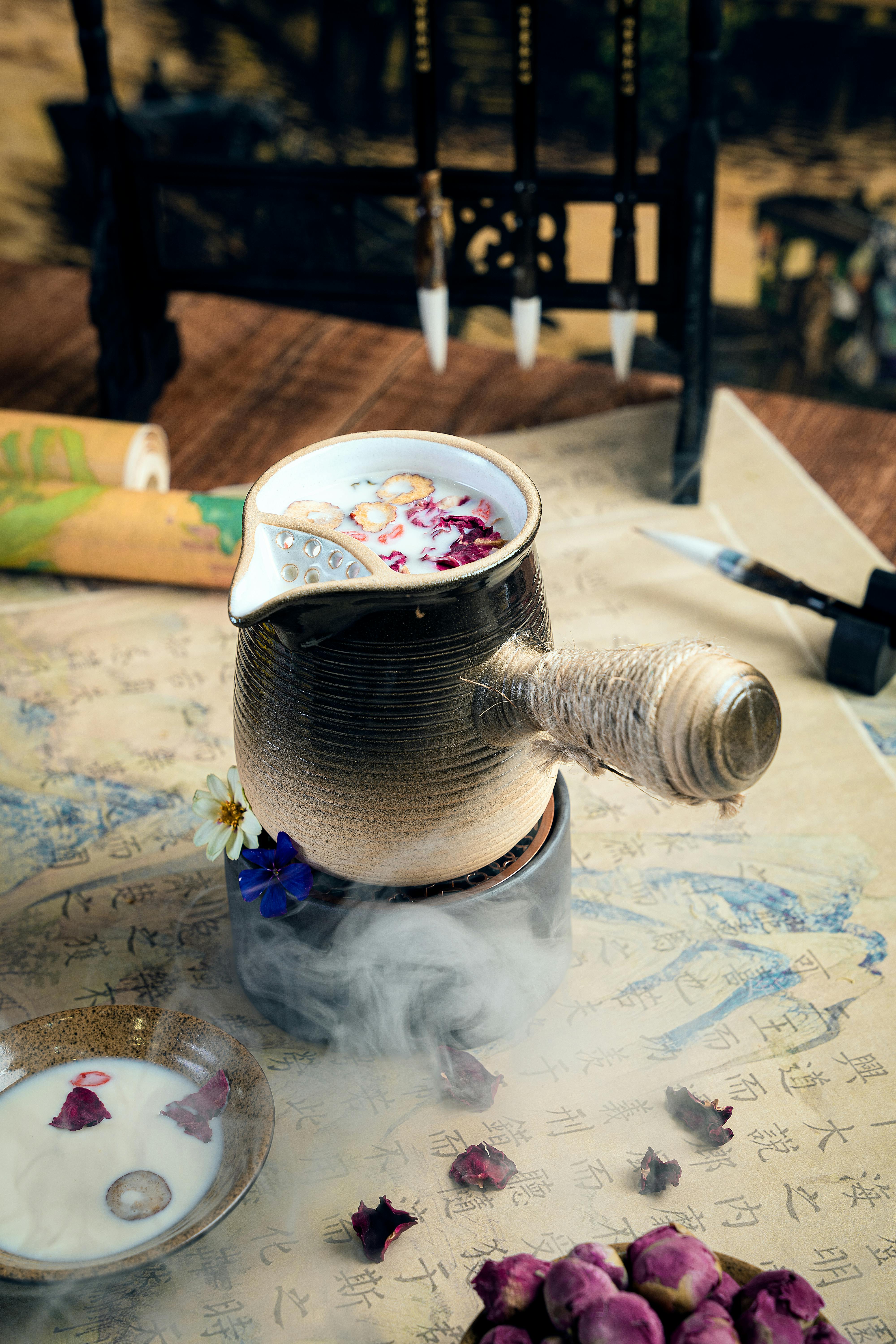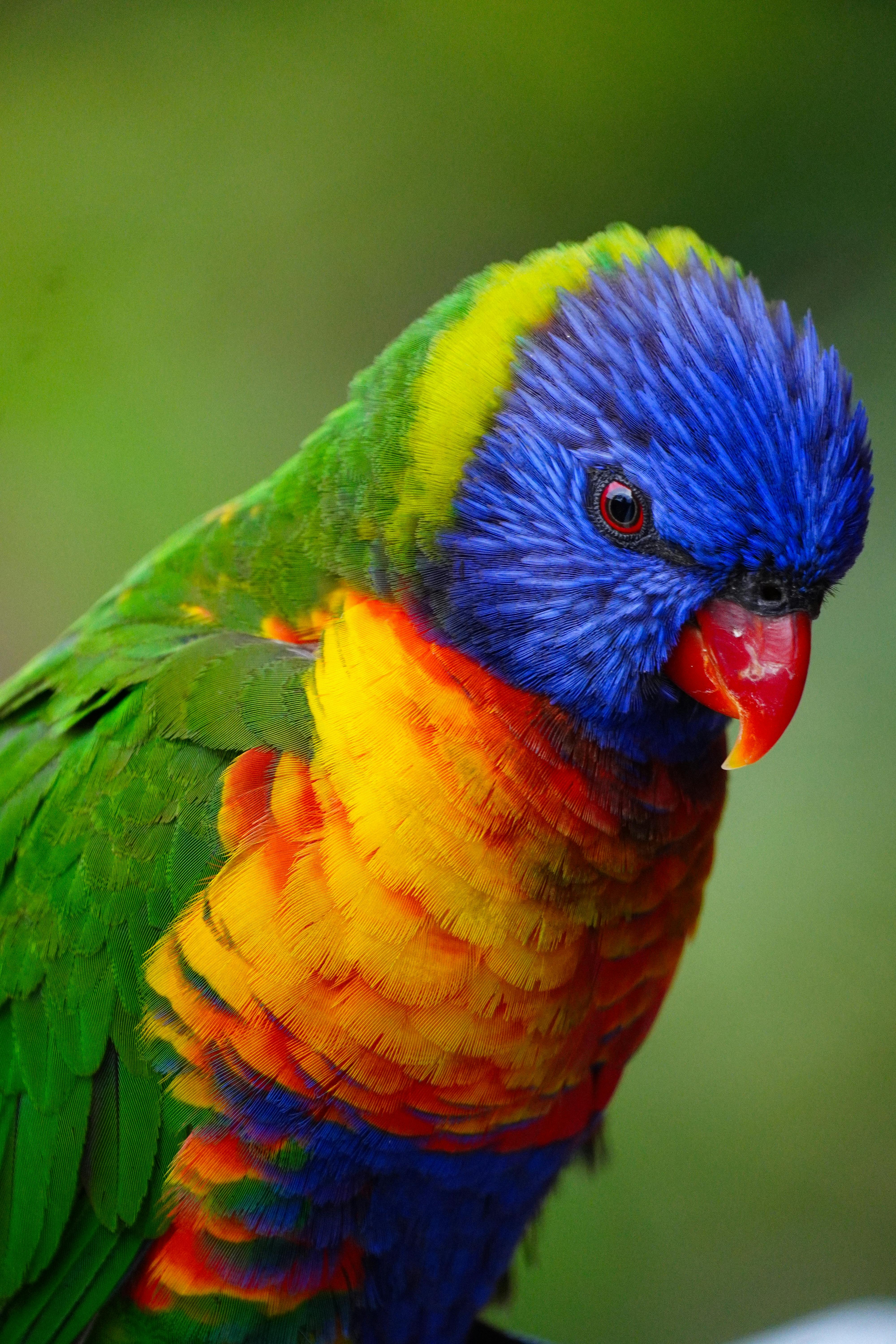Essential Guide to Understanding Netherland Dwarf Rabbit Traits
The Netherland Dwarf Rabbit is one of the most popular small rabbit breeds, known for its adorable appearance and friendly nature. As pet ownership continues to rise in 2025, it's essential to understand the unique characteristics and traits of this charming breed. From their size and personality to care requirements and compatibility with other pets, knowing what to expect from a Netherland Dwarf can help potential owners make informed decisions.
In this article, we will explore various aspects of the Netherland Dwarf Rabbit, including their distinctive traits, behavior, and care needs. By the end of this guide, you will have a thorough understanding of what it takes to care for these delightful creatures, ensuring a happy and healthy life for your pet. Key takeaways will highlight their nutritional needs, potential health issues, and social behaviors, helping you create an optimal environment for your new furry friend.
Key Traits of the Netherland Dwarf Rabbit
Physical Characteristics of Netherland Dwarf
The Netherland Dwarf Rabbit is characterized by its compact size and round face, making it one of the smallest rabbit breeds available. Typically weighing between 2 to 2.5 pounds, they have a short, sturdy body and a distinctive rabbit size chart that showcases their petite stature. This breed features a wide head, short ears, and dark, expressive eyes, contributing to their endearing look.
Another critical aspect of their physical traits is the variety of color patterns available. Dutch Dwarfs come in a wide range of colors including solid, broken, and agouti. Each coloration adds to the uniqueness of each rabbit, which many owners find appealing. Understanding these physical traits is essential when selecting a rabbit and can contribute significantly to your bonding experience.
Personality and Temperament of Netherland Dwarfs
The personality of the Netherland Dwarf Rabbit is one of its most attractive qualities. Known for their friendly and playful nature, these rabbits often exhibit a curious disposition. They enjoy interacting with their owners and may follow them around the house, showcasing their affectionate behavior.
These little companions thrive on socialization and can easily adapt to different environments. However, it is important to recognize their social needs, as they do appreciate the company of their humans and other pets. Their behavior can be quite engaging; they can be inquisitive, active, and even mischievous at times, providing endless fun and entertainment for their owners.
Common Misconceptions About Netherland Dwarfs
Many people entertain misconceptions regarding the care of the Netherland Dwarf Rabbit. One common myth is that all Dwarf Rabbits are aggressive and hard to handle. In reality, their temperament depends on proper socialization and training from a young age. Additionally, potential owners sometimes confuse their small stature with fragility. Despite their tiny size, they are generally resilient and active. Understanding these common misconceptions can pave the way for a fulfilling relationship with your Netherland Dwarf.
Comprehensive Care for Netherland Dwarf Rabbits
Feeding Netherland Dwarfs: Nutritional Needs
Feeding your Netherland Dwarf involves understanding their unique dietary needs. They require a high-fiber diet consisting of hay, fresh vegetables, and specialised rabbit pellets. High-quality hay should make up at least 75% of their diet to promote healthy digestion and prevent obesity. Vegetables such as leafy greens should be introduced gradually to avoid digestive issues. Proper nutrition is crucial for their overall health, and it's essential to ensure they receive the right balance of vitamins and minerals.
Grooming Essentials for Netherland Dwarfs
The grooming needs of the Netherland Dwarf Rabbit are relatively simple due to their short fur. Weekly brushing can help keep their coat healthy and shiny while reducing shedding. However, during shedding season, more frequent grooming may be necessary. Additionally, owners should regularly check their rabbit's nails and ears, incorporating these practices into their health care for Netherland Dwarfs. Using proper rabbit grooming tools will make this process smooth and enjoyable, ensuring your pet remains comfortable.
Exercise and Enrichment Activities for Netherland Dwarfs
Like all rabbits, the Netherland Dwarf requires regular exercise to maintain optimal health. Providing a safe play area where they can hop, explore, and interact with toys is essential. Agility exercises can also enhance their coordination while stimulating their minds. It's important to engage them with safe toys and challenging activities to prevent boredom, which can lead to destructive behaviors. Playtime for Netherland Dwarfs is not just fun; it is an essential part of their well-being.

Understanding Health Issues in Netherland Dwarf Rabbits
Common Health Problems in Netherland Dwarfs
Netherland Dwarfs may be prone to specific health issues, including dental problems, obesity, and respiratory conditions. Their small size can make them susceptible to certain ailments, highlighting the importance of regular vet visits and health checkups. Owners should familiarize themselves with common rabbit health risks and schedule routine checkups to ensure early detection and treatment of any potential issues.
Signs of Health Problems in Your Rabbit
Being aware of the signs of health problems is crucial for any rabbit owner. Common indicators include changes in eating habits, lethargy, or unusual behaviors. If a Netherland Dwarf is not eating or drinking, it could indicate a serious health issue that requires immediate veterinary attention. Monitoring these signs closely can help ensure early intervention and increased chances of recovery.
Preventive Care and Health Maintenance
Preventive care steps such as spaying or neutering your rabbit are recommended to avoid health-related issues later in life. Nutritional vitamins can also support their overall health, while ensuring they receive proper vaccinations can protect against infectious diseases. Creating a health care routine that includes these practices will contribute to the longevity of your Netherland Dwarf, aiding in them reaching an average lifespan of 7-10 years.
Creating an Optimal Habitat for Your Netherland Dwarf
Housing Options for Netherland Dwarf Rabbits
When considering housing options for your Netherland Dwarf, it's essential to provide a comfortable and secure environment. A rabbit-proofed area within your home can serve as an excellent living space, allowing for safe exploration. Alternatives include spacious indoor cages that allow room for play while remaining secure. Ideal cage setups for rabbits should incorporate tunnels and platforms for enrichment and exercise.
Essential Supplies for a Healthy Environment
Equipping your rabbit's habitat with all the essential supplies will ensure their well-being. Some important items include bedding, litter boxes, and food dishes. Housing must also include safe toys that stimulate your rabbit’s natural behaviors. Securing their habitats and ensuring they have all necessary supplies will create a sense of safety for your Netherland Dwarf.
Environmental Needs and Socialization Techniques
Understanding the environmental needs of the Netherland Dwarf is vital. Providing a quiet and calm area for them to relax helps to reduce stress. Furthermore, socialization techniques such as handling and playtime will nurture their social needs. Establishing trust and a bond with your rabbit is essential to their happiness, ensuring a long-lasting companionship.

Training and Bonding with Your Netherland Dwarf
Effective Training Tricks for Your Rabbit
Training your Netherland Dwarf can deepen your bond and make them more manageable as pets. Utilizing positive reinforcement techniques, such as treats and praise, can promote effective outcomes. Common training methods include litter box training and teaching them basic commands. Understanding rabbit behavior is crucial in establishing effective communication during training sessions, allowing your rabbit to grasp concepts gradually.
How to Bond with Your Netherland Dwarf
Bonding with your rabbit is essential for their emotional development. Spending quality time together, offering gentle handling, and respecting their comfort zones will foster trust. Create an enjoyable playtime routine and engage in enriching activities that allow for bonding. This will not only enhance your relationship but also improve your rabbit's temperament over time.
Common Challenges in Training
Though training can be rewarding, it may come with its set of challenges. Occasionally, Netherland Dwarfs may show stubbornness or a lack of interest in certain tricks. Adapting your training methods and being patient will yield better results. If difficulties arise, consider seeking professional advice to improve training techniques while ensuring you maintain a positive relationship with your pet.
Frequently Asked Questions About Netherland Dwarf Rabbits
What is the lifespan of a Netherland Dwarf Rabbit?
The average lifespan of a Netherland Dwarf Rabbit is around 7-10 years, but factors like diet and care can influence this duration. Regular veterinary check-ups will help maintain their health and longevity.
How much exercise do Netherland Dwarfs need?
Netherland Dwarfs require daily exercise to stay healthy, which includes at least 2-3 hours of supervised playtime outside their habitat. Engaging them with safe toys will provide more enrichment during play sessions.
What is the ideal diet for a Netherland Dwarf Rabbit?
The ideal diet includes high-quality hay, fresh vegetables, and rabbit pellets specifically designed for small breeds. Ensuring they have access to clean water is also essential for their digestive health.
Can I house my Netherland Dwarf with other pets?
Yes, but careful introductions are crucial. Netherland Dwarfs can be socialized with other pets, provided proper supervision and gradual familiarization occur. Understanding rabbit behavior and training techniques is vital for successful interactions.
How do I know if my Netherland Dwarf is healthy?
Regular monitoring of their eating habits, weight, and behavior can indicate health status. If any unusual changes occur, consulting with a veterinarian is recommended for preventive care and peace of mind.
